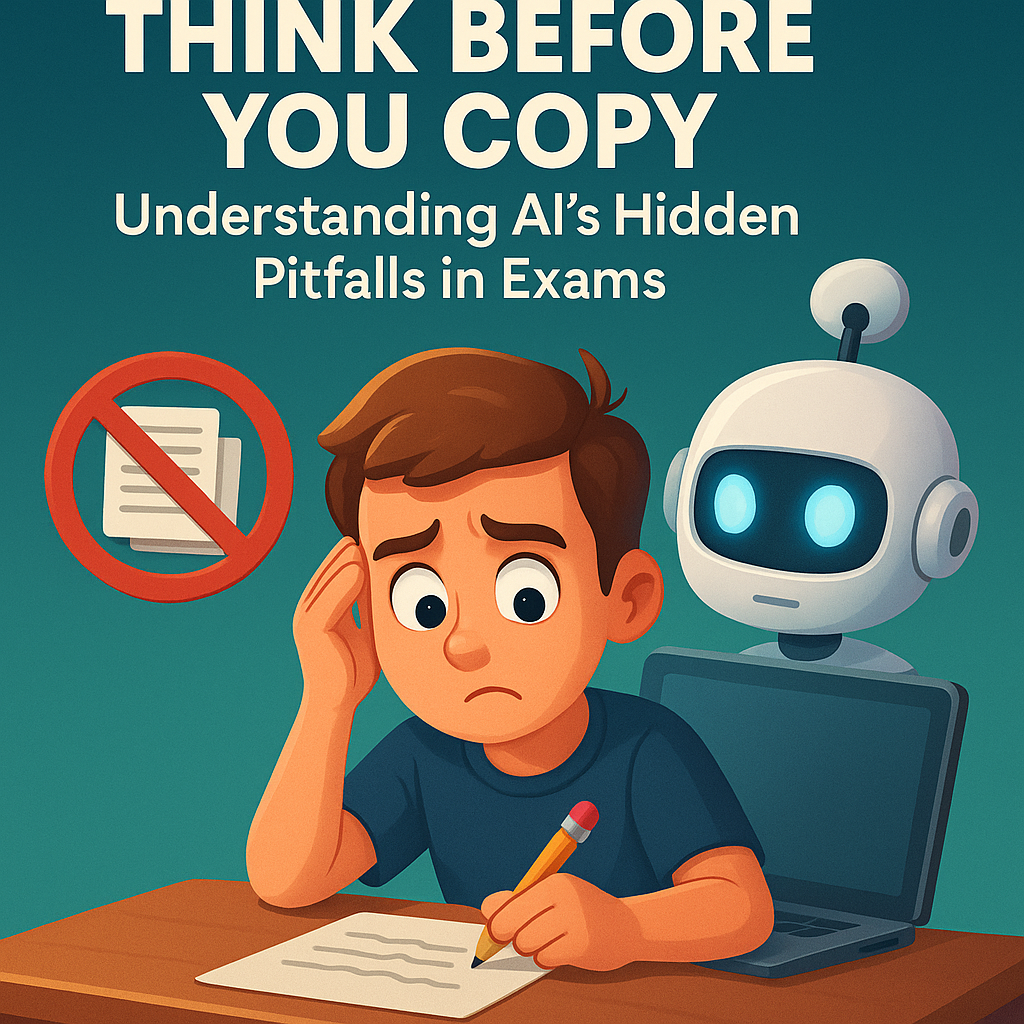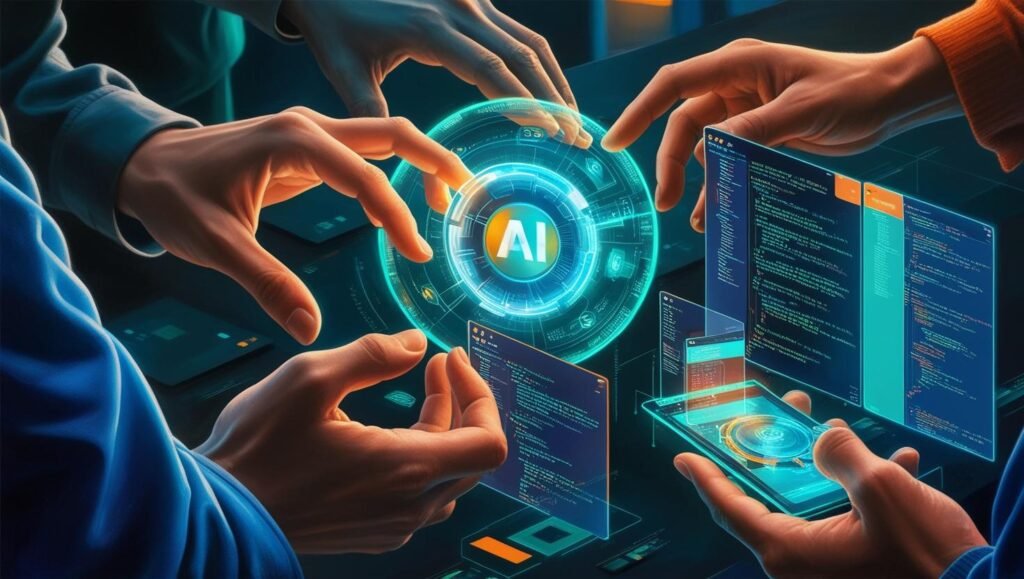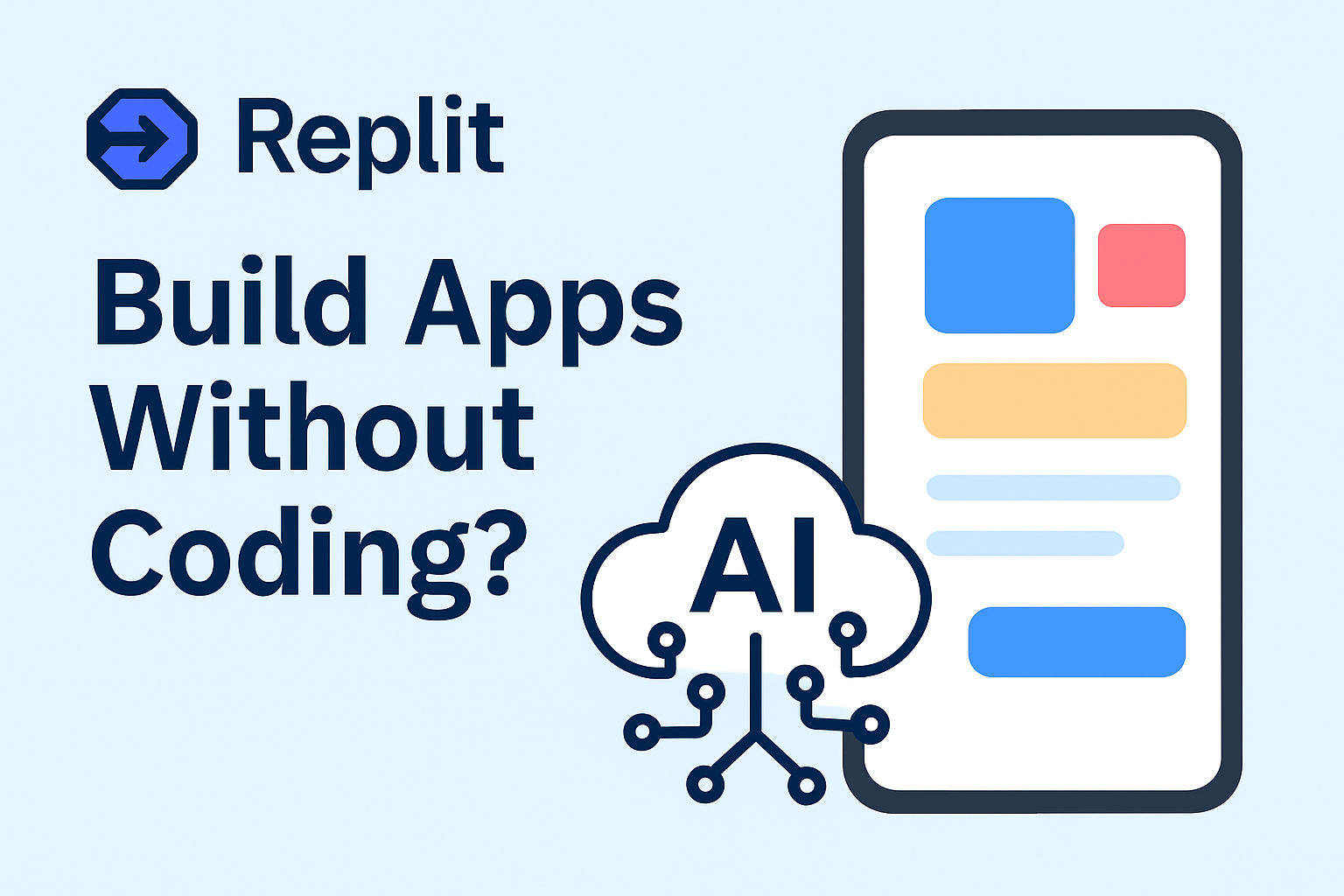Ai is not a shortcut to success it’s a tool for growth by using it in right way
Artificial intelligence has rapidly improved itself into the tasks of our daily lives, offering unprecedented convenience and efficiency. From streamlining workflows to providing instant information, AI tools like ChatGPT, DeepSeek and Claude have become commonplace assistants. It’s no surprise, then, that their influence is extending into critical areas like education and recruitment, particularly in exams and online interviews. While the potential benefits are clear – AI can be a powerful study aid or help candidates prepare for challenging questions – there’s a growing unease about its misuse. The very tools designed to assist can become instruments for deception, creating a complex challenge for academic institutions and employers striving to maintain integrity and fairness. Ai is not a shortcut to success it’s a tool for growth by using it in right way and This isn’t just about catching cheaters; it’s about understanding the suitable candidate, often hidden risks that arise when the line between genuine competence and AI-generated performance becomes blurred. As we hold AI’s capabilities, we must also confront the potential pitfalls, ensuring that technology empowers rather than vague human potential.
How students/candidates Using ai to cheat:
- Real time answering: Students are copying questions from exam or typing the question on ai to get instant answers it may be Q&A or option-based question
- Pre written responses: Ai can generate whole concept and long answers before submitting
- Automated coding: In technical exams AI can generate a code easily on some ai tools like ChatGPT and so on by asking it in natural language or pasting the question on ai or typing full question
- External device: Some exams record or analyse the candidates whole screen if he is using any other site or tab so the candidates are using external devices that has ai to get the answers
- Browser extinctions: some are using website plugins to open other tabs that has AI during exams and remain unnoticed

why students/candidates Using ai to cheat:
- Easy access to ai tools: Ai access of free for all became easy to use and depending more on ai and became more tempting to cheat using AI
- Lack of preparation: Students using AI to write notes, complete assignments then why and they start study and use their human brains to prepare for exam
- Pressure of society and failure: Fear of failure or desire of high score or maintaining in societyleads to easy ways or shortcuts
- Peer Influence: Seeing others succeed by cheating can encourage similar behaviour.
- Lack of Monitoring or Advanced AI: AI has became more powerful and growing continuously that monitoring is becoming very hard and need to maintain growth with AI to capture the AI responses
The Hiring Mirage: AI in Online Interviews:
The challenge extends significantly into the professional realm, particularly during the hiring process. Online interviews, while convenient, open places for candidates to leverage AI in ways that use ai to show their true abilities. As highlighted in discussions on platforms like LinkedIn and by recruitment specialists, candidates might use AI chatbots for real-time answer generation during virtual interviews, feed questions into tools to receive analysed or polished responses, or employ AI to optimize resumes with keywords designed to pass Applicant Tracking Systems (ATS), irrespective of their actual experience and knowledge on the subject
In technical roles, some are even use AI coding assistants during assessments, substituting genuine problem-solving skills with generated code This creates a significant hidden risk for recruitment team: hiring individuals who appear competent during the interview but lack the fundamental skills required for the job. The consequences can be the candidate will not share productivity if the company does not share AI access on the company. Furthermore, particularly in technical or security-sensitive roles, hiring someone based on AI-assisted performance can introduce quality issues or even security vulnerabilities The core issue is the potential disconnect between the polished, AI-assisted persona presented during the interview and the candidate’s actual capabilities and undermining the goal of finding the right fit for a role
How Organizations Are Detecting Misuse:
Both educational institutions and companies are actively developing and implementing strategies to detect the misuse of AI. The approach is multifaceted, combining technological solutions with human insight and procedural adjustments. On the technology front, specialized AI detection tools are emerging, designed to identify patterns characteristic of AI-generated text in resumes, cover letters, exam answers, and even chat-based interview responses. Companies like Sapia.ai, for instance, boast high detection rates with tools trained on vast datasets of human and AI responses, makes easy to detect AI usage and often providing real-time feedback to candidates if AI use is suspected, encouraging authenticity rather than immediate disqualification gives the user a chance to prove himself without using AI if he uses again after suspected message then he will be disqualified. Resume Tracking and selecting software are unable to detect Applicant Tracking Systems(“ATS”) are also being refined to flag generic phrasing or keywords often associated with AI tools. However, relying solely on technology is acknowledged to be insufficient, especially as AI models become increasingly sophisticated and harder to distinguish from human writing


